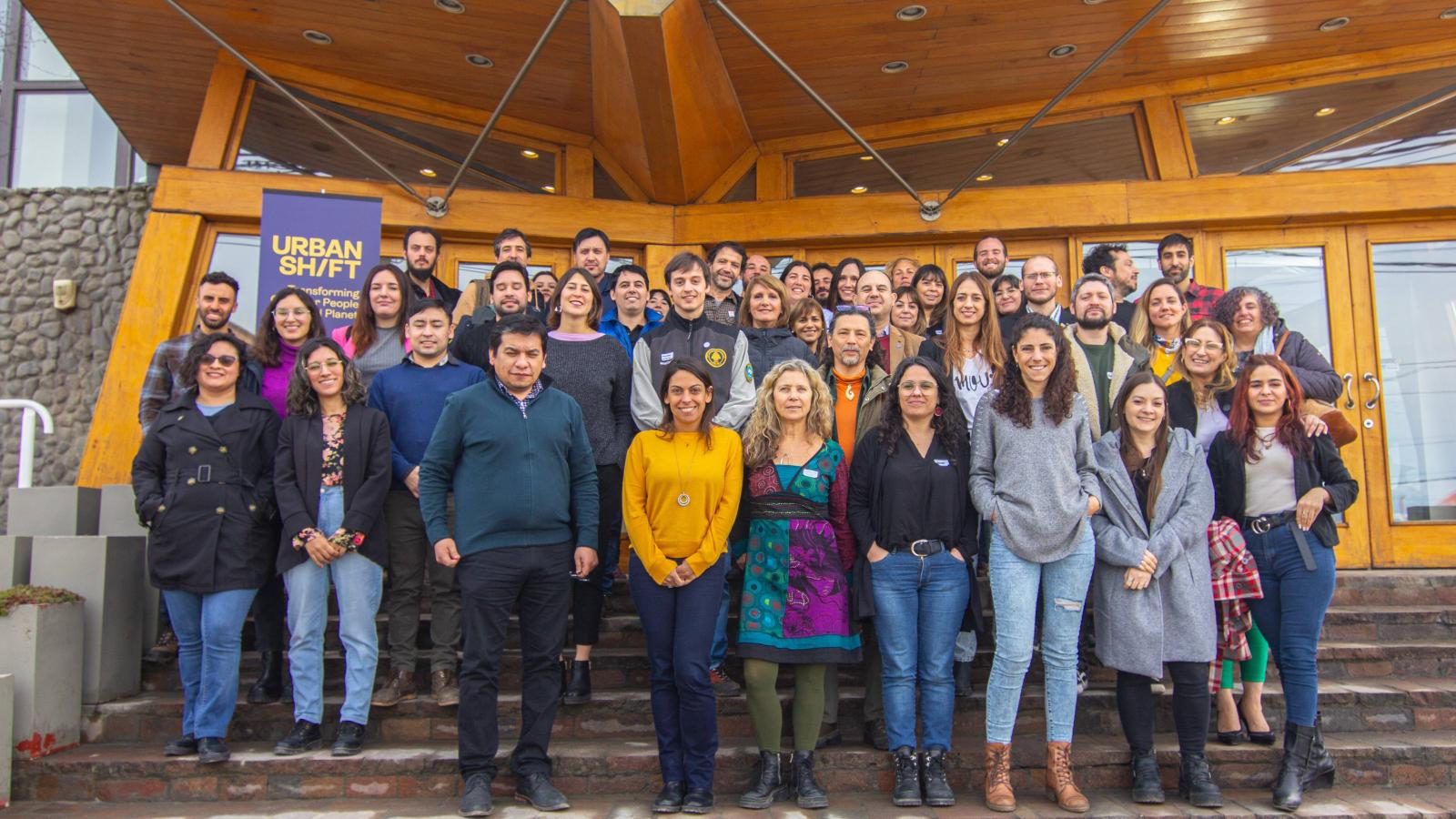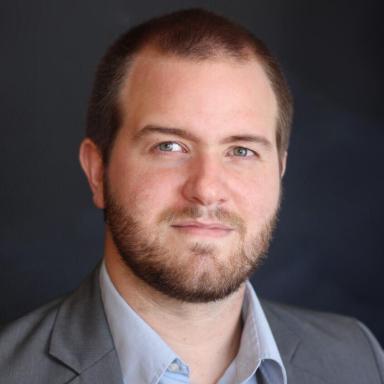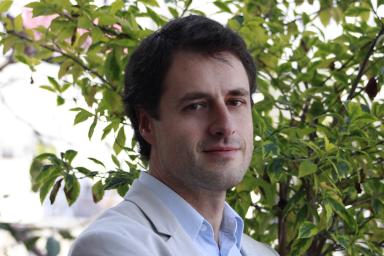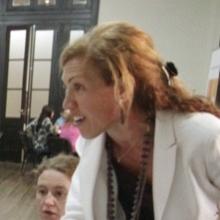Bruno Incau
Lab
UrbanShift Geospatial Analysis Lab Ushuaia
Through this strategic workshop, UrbanShift and the City of Ushuaia collaborated on data-driven approaches to sustainable urban growth.
In partnership with the City of Ushuaia and the Ministry of Environment and Sustainable Development of Argentina (MAyDS), UrbanShift hosted a technical workshop to discuss urban growth processes and sustainable development strategies for the city of Ushuaia in the framework of the Sustainable Cities Project (GEF-7), funded by the GEF and implemented by UNEP. During this two-day workshop, representatives from city departments, civil society, and academic institutions collaborated on strategic, data-informed solutions to Ushuaia’s unique development challenges.
As the city expands, it’s grappling with how best to accommodate new growth given its limited lands, cold climate and increasing energy demand. In some areas, the ever-increasing touristic flow in Ushuaia brings challenges to its singular biodiversity. The city is one of the few that concentrates mountains, forests and seashore, and the closest to Antarctica. Finding a balance between urban development and sustainability is key for the city achieve a green and low-carbon future.
Currently, Ushuaia is in the process of refreshing their Local Climate Action Plan, which will update the city’s emissions inventory and propose new adaptation and mitigation measures. The city is also developing strategic plans and management instruments through the Sustainable Cities Project, in addition a piloting sustainable development intervention in one of its newest neighborhoods, the San Martín urbanization. Within this context, the World Resources Institute, lead the Lab workshop in Ushuaia, with support from UNEP, ICLEI, and C40.
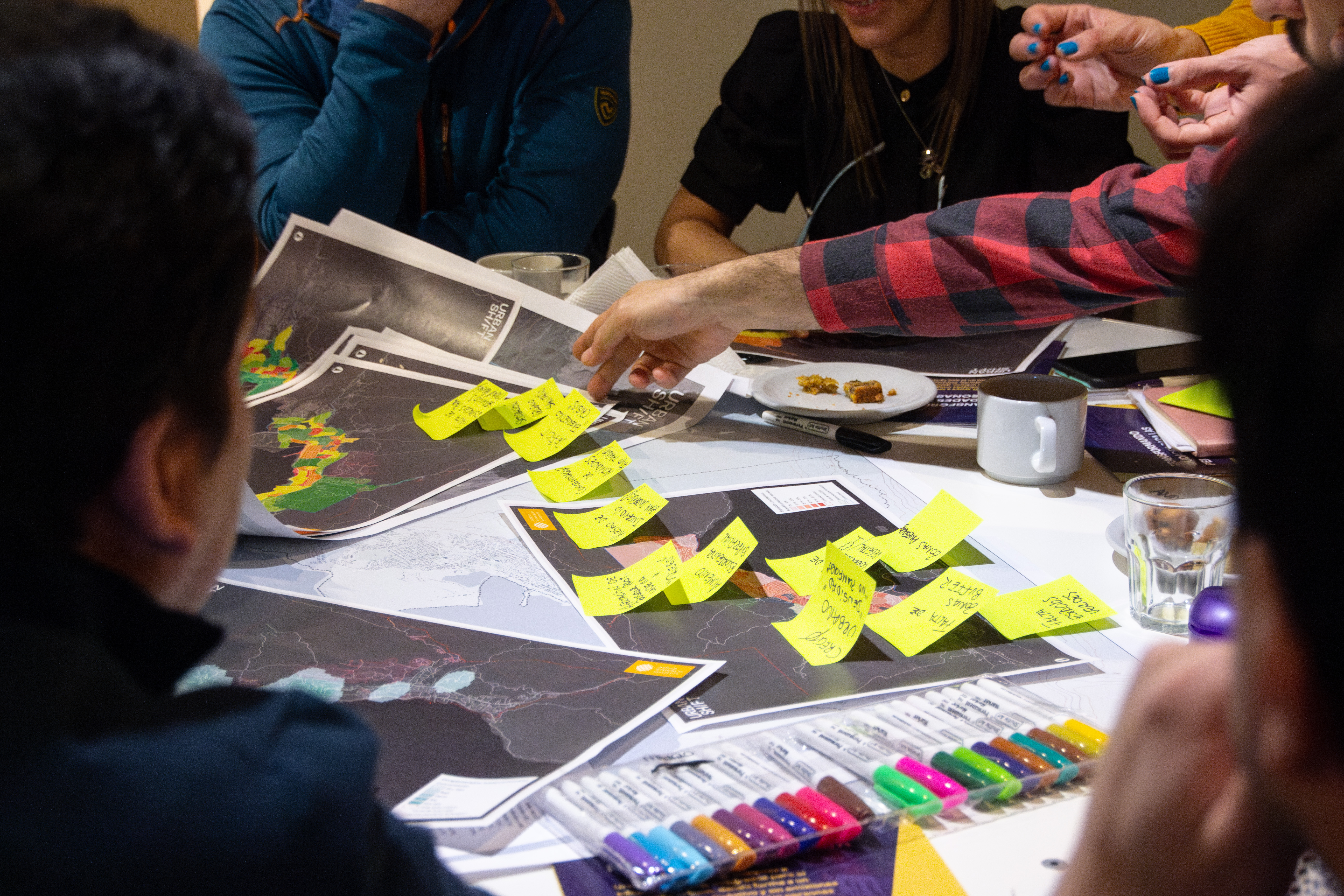
During the two-days agenda, the participants deepened in the city context and challenges, explored geospatial analysis and territorial data to evaluate risk and future demands, and discussed best practices on Urban Growth Management, Energy Efficiency and Bioclimatic Urban Design.
In total, 44 local representatives and practitioners attended the event, representing 24 local institutions. Below, you can find agenda, presentations and photographs from the UrbanShift Lab in Ushuaia, Argentina.
AGENDA
PRESENTATIONS
PHOTOGRAPHS
CERTIFICATES
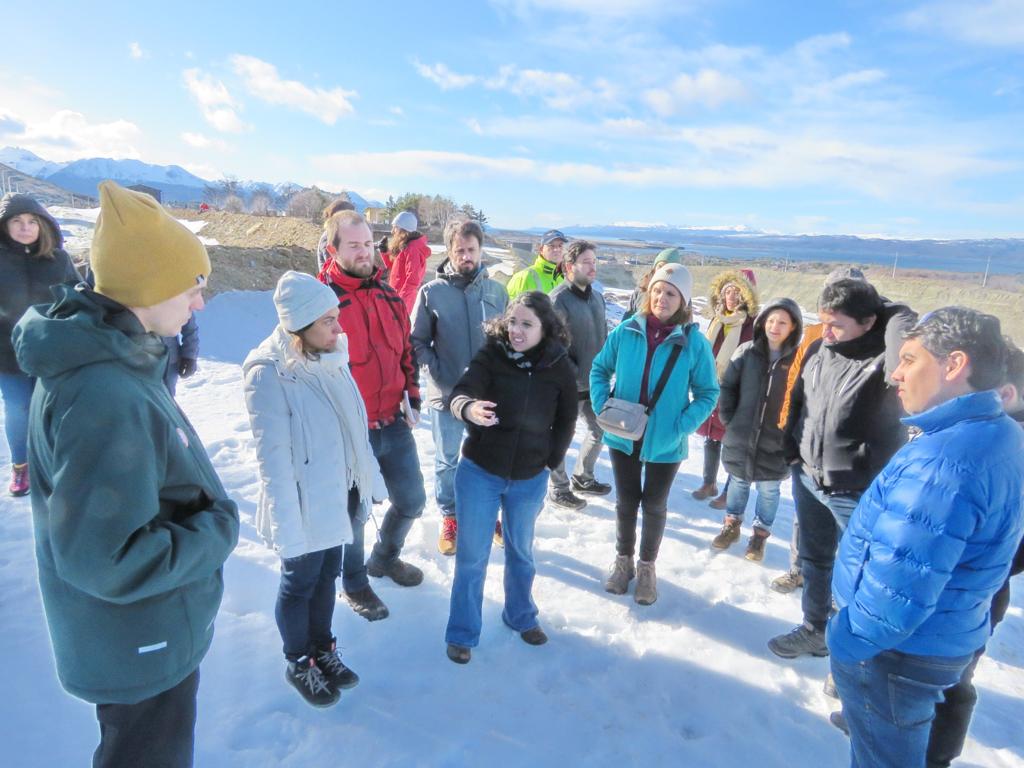
UrbanShift Speakers
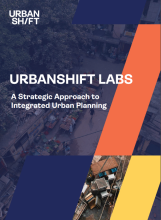
UrbanShift Labs
Summarizing insights and lessons from eight of UrbanShift's Labs, this report offers a template for furthering geospatial analysis in cities.
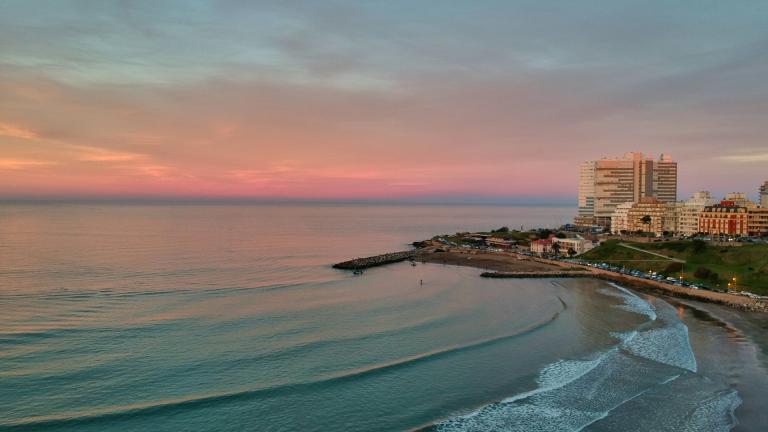
Visions of Sustainability in Mar del Plata and Mar Chiquita
Along the coast of Argentina, two ambitious plans are showing how participatory design and nature-based solutions can lay the groundwork for inclusive, climate-resilient outcomes.
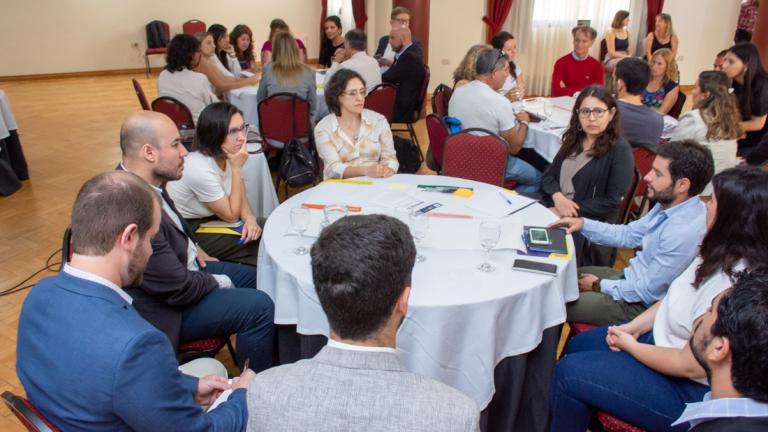
Argentina’s Road to 2030: Collaborative Climate Action
Argentina's first UrbanShift National Local Dialogue emphasized collaborative climate action, uniting national and local governments to promote sustainable urban development, align with 2030 targets, and enhance governance and financing.
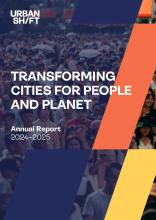
UrbanShift Annual Report 2024-2025
UrbanShift's final Annual Report spans an impactful year of over 30 events and major progress across our network of 23 cities.
